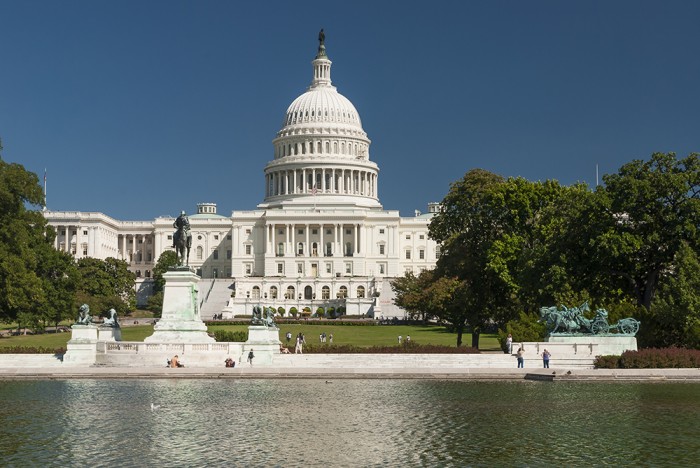Text of March 18 press release.
Harrisburg, PA — Health care professionals licensed under any of the Department of State’s Bureau of Professional and Occupational Affairs (BPOA) licensing boards can provide services to patients via telemedicine during the coronavirus emergency.
“Telemedicine provides health care professionals flexibility to continue treating their patients while following best practices on social distancing as outlined by the Department of Health,” Secretary Boockvar said. “The department requested, and Governor Wolf granted us, the authority to allow health care professionals from out-of-state to treat Pennsylvania residents using telemedicine, when appropriate, due to COVID-19.”
This new guidance applies to the following boards:
o Chiropractic
o Dentistry
o Medicine
o Nursing
o Optometry
o Pharmacy
o Podiatry
o Psychology
o Osteopathic Medicine
o Nursing Home Administrators
o Occupational Therapy Education and Licensure
o Physical Therapy
o Social Workers, Marriage and Family Therapists, and Professional Counselors
o Examiners in Speech-Language Pathology and Audiology
o Veterinary Medicine
Currently, no Pennsylvania law prohibits the practice of telemedicine.
Additionally, the department is working with the Governor’s office, the Department of Health, and Department of Human Services to identify regulations and requirements that can be suspended to give medical providers and facilities the flexibility they need to respond to the crisis. We will publish these notifications on our website as they become available.
Governor Wolf also granted the department’s request for a suspension to allow licensed practitioners in other states to provide services to Pennsylvanians via the use of telemedicine, without obtaining a Pennsylvania license, for the duration of the emergency. Out-of-state practitioners must:
o Be licensed and in good standing in their home state, territory, or country.
o Provide the Pennsylvania board from whom they would normally seek licensure with the following information prior to practicing telemedicine with Pennsylvanians:
• their full name, home or work mailing address, telephone number and email address; and
• their license type, license number or other identifying information that is unique to that practitioner’s license, and the state or other governmental body that issued the license.
Please submit the information requested above to the appropriate board resource account listed on the BPOA website.
All practitioners using telemedicine in Pennsylvania must remain informed on all federal and state laws, regulations and guidance regarding telemedicine, including a practitioner’s obligations under the Health Insurance Portability and Accountability Act (HIPAA) and recent guidance provided by the U.S. Department of Health and Human Services.
Authorization to engage in telemedicine from a professional licensing standpoint is separate and apart from any insurance coverage/payment issues that fall under the Department of Health, the Department of Human Services, the Department of Insurance, or any other state or federal agency.
The Department of Human Services issued guidance for Behavioral Health Services Telemedicine here. The Department of Drug and Alcohol Programs released Telehealth guidance for their programs and providers here.
Questions, please contact Jack Phillips.

















